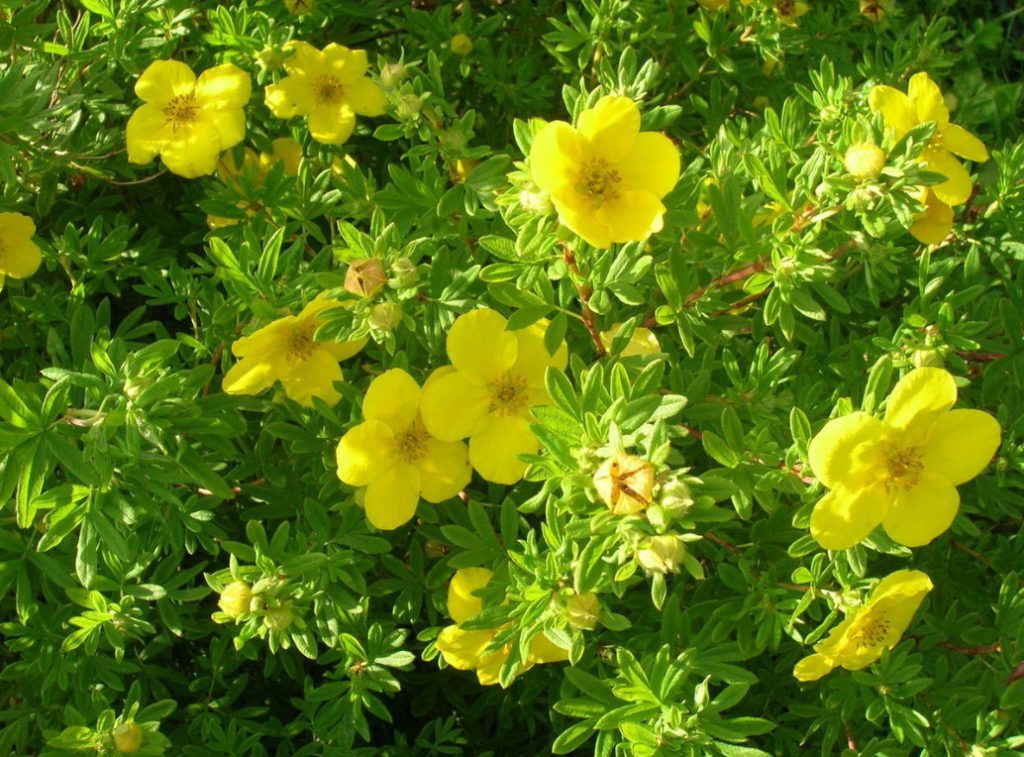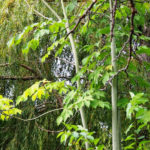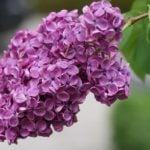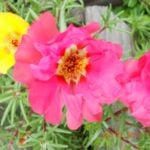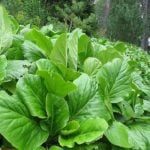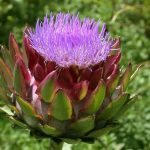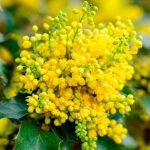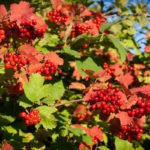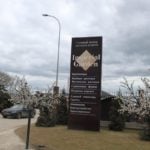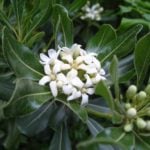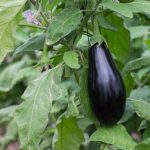For most gardeners, the main criteria for choosing plants for the garden are decorative and duration of flowering. And from this point of view, of course, you can not remain indifferent to such an interesting plant as Potentila fruticosa.
In nature, this species is distributed in North America, Europe, the Altai Mountains and the far East, Central Asia, China, Mongolia, Japan, the Arctic and mountain regions. Potentila fruticosa has been cultivated in gardens for more than 300 years. In the past, Potentila fruticosa belonged to Potentilla, but then it was separated into a separate genus. More than 20 varieties are used in gardening.
Botanical features and useful properties
Potentila fruticosa is a perennial deciduous shrub with a height of 50 to 130 cm, with a spherical crown. Leaves are non-pinnate or triplicate, yellowish-green, consist of 5, rarely 3-7 lanceolate, hairy on both sides of the leaves, similar to the foot.
Flowers are five-petalled. Shoots of one-year increments are silkily pubescent, old branches acquire a red-brown color. Blooms in the Central band from June to October-November. The fruits are densely pubescent compound achenes, maturing in August-September. The shrub is considered a good honeybee.
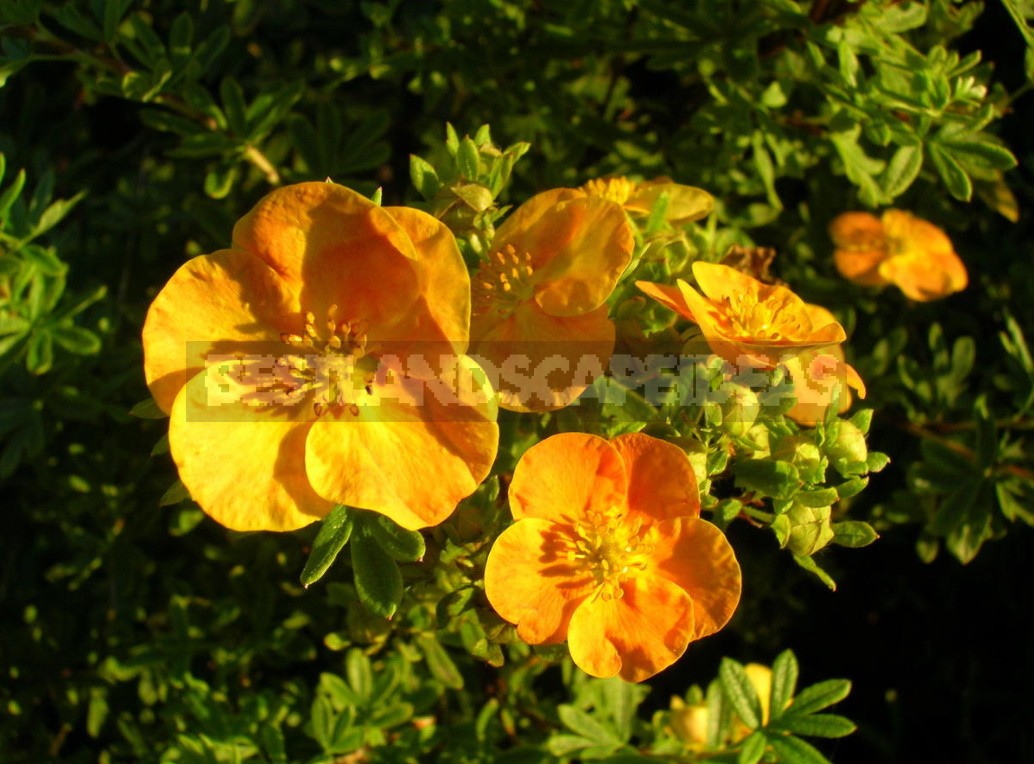
Aboveground parts of the plant contain ascorbic acid, vitamin P, alkaloids, saponins, resins, choline, carotene, glycosides, coumarins, phenolcarboxylic acids, catechins, flavonoids, triterpenoids.
Potentila fruticosa has found wide application in pharmacology. Shoots, leaves, and flowers are used. Tea from Potentila fruticosa can be used as a hemostatic, anti-inflammatory, soothing, analgesic, choleretic, diaphoretic, expectorant, antimicrobial agent. The decoction is used externally in the treatment of burns, boils and purulent wounds.
Cultivation and use in landscape design
In gardening, Potentila fruticosa is used very actively. It is used as an ornamental plant for borders, borders, hedges and single plantings. In compositions, it is planted in the foreground of higher shrubs. Potentila fruticosa also looks very good among stones in stony gardens and small compositions.
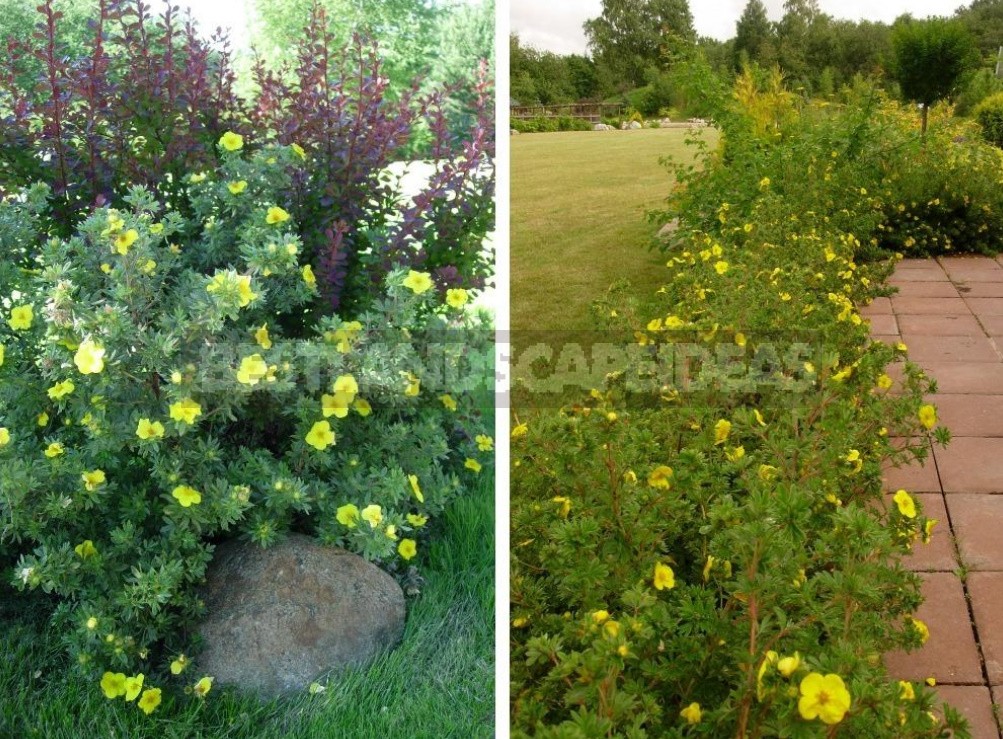
Special attention is paid to topiary products from Potentila fruticosa, in the manufacture of which several branches are intertwined, forming a kind of stem. A globular crown is formed on the stem.
Potentila fruticosa is sun-loving and tolerates partial shade. Some varieties — such as ‘Tangerine’ or ‘Red ACE’, for example-pale in the bright sun, losing their pigment. In the shade, the flowering becomes weak, and the Bush itself thinns. It grows well in moist places, along the banks of rivers, forest edges. The plant prefers nutrient-rich soils, especially clay ones. In dry periods, watering is necessary. Regular pruning, which removes damaged, dying branches and dry inflorescences, encourages abundant flowering.
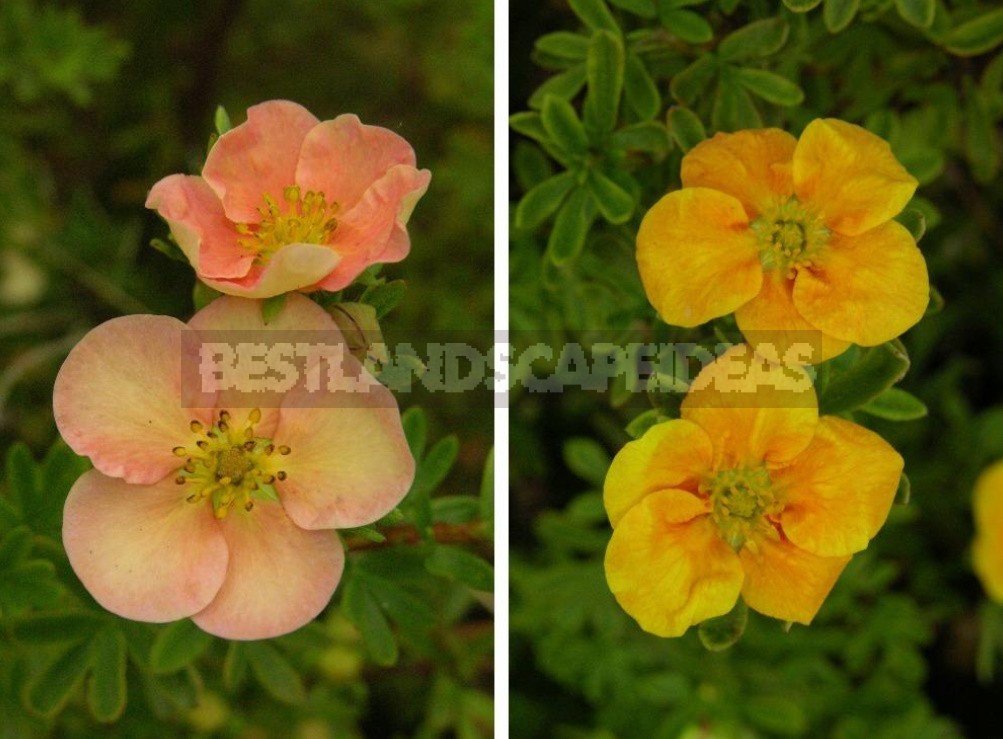
Potentila fruticosa is propagated by seed and vegetative methods. The most important is vegetative reproduction — lignified, semi-woody and green cuttings, Bush division, layering. This plant tolerates transplanting well only at a young age, and old bushes take root poorly.
Varieties of Potentila fruticosa
Recently, many varieties of Potentila fruticosa have been created. They differ from each other in height, Bush shape, color and size of flowers and leaves.
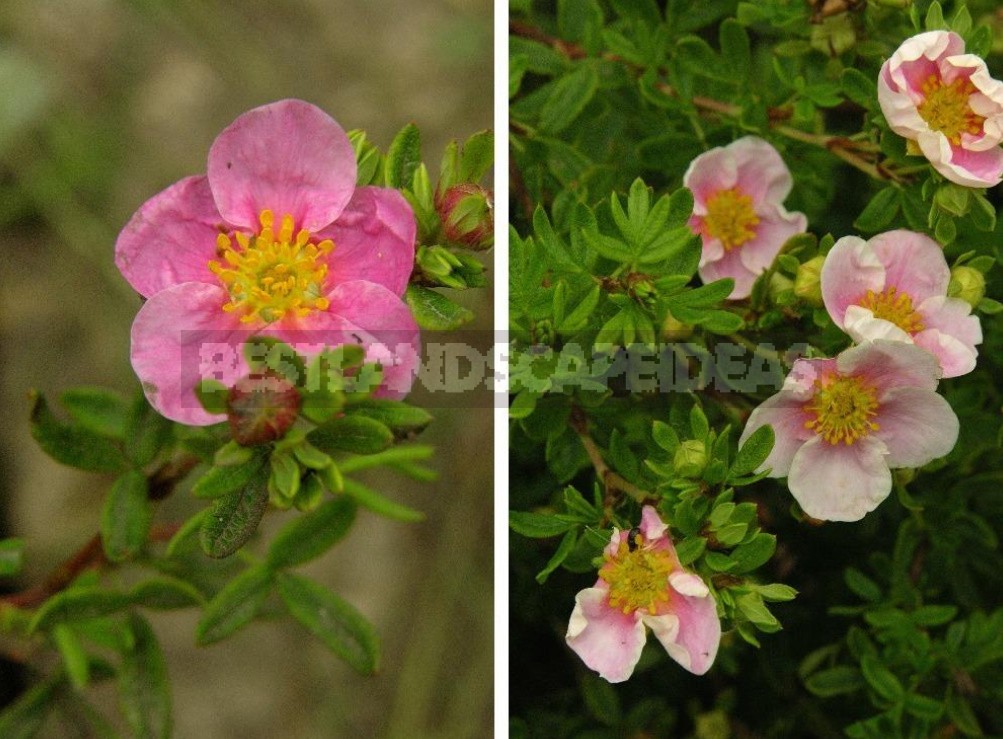
We cultivate 10 varieties of basic. According to the color of the flowers, they can be divided into 3 groups.
The first includes Potentila fruticosa with white and gray-yellow flowers. These include, first of all, the variety ‘Abbotswood’ — the most decorative of the white-flowered varieties. The flowers of this Potentila fruticosa are milky white, numerous,2-2. 5 cm in diameter. Flowering in our band lasts from June to September. The crown is dense, pillow-shaped. In height, the Bush reaches 1.2 m, in width-from 1 to 1.3 m. the Variety is very hardy, light-loving, but tolerates slight shading. For more lush flowering, annual spring pruning of the crown by one-third with the removal of old and damaged branches is necessary.
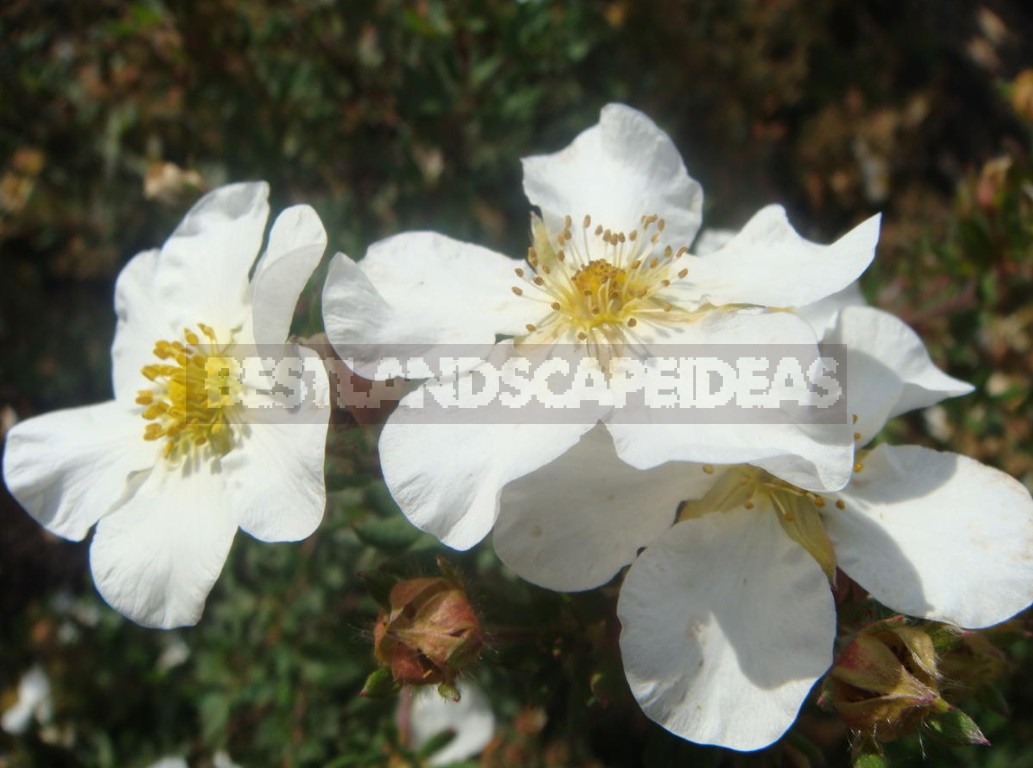
The second — most numerous-group includes Potentila fruticosa with yellow flowers. They are represented by numerous varieties.
‘Goldfinger’. A profusely blooming variety that develops well on all garden soils and tolerates drought. The flowers are bright yellow, 2.5 cm in diameter, pleasing to the eye from June to October, single specimens bloom until the end of October. The bushes are formed by vertical shoots, thick, wide. In height reach 1.3 m, in diameter – up to 1.5 m. winter Hardiness is high.
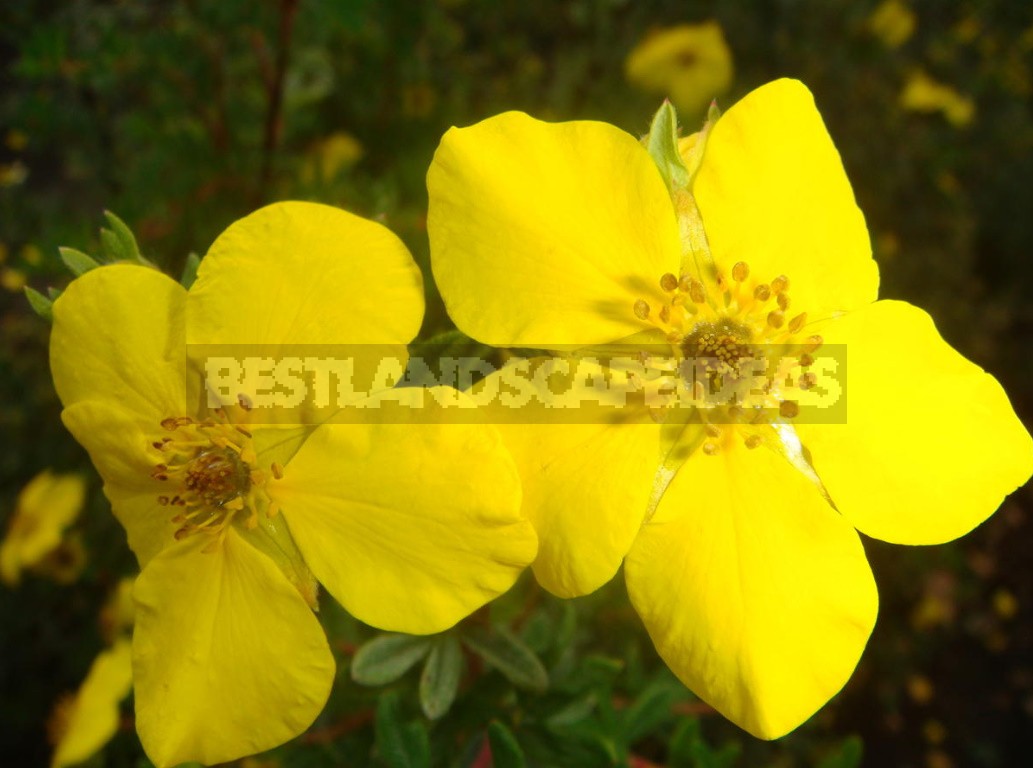
Special attention should be paid to the ‘Goldstar’ variety. The flowers of this Potentila fruticosa are bright yellow, the largest of them are 5 cm in diameter. Flowering is abundant, from June to October. The Bush is wide, reaching a height of 0.5-0.9 m, 0.5-1.2 m in diameter. the Leaves are gray-green, pointed, longer than other varieties. The variety is undemanding to soil fertility, winter-hardy in the Middle zone, does not require shelter.
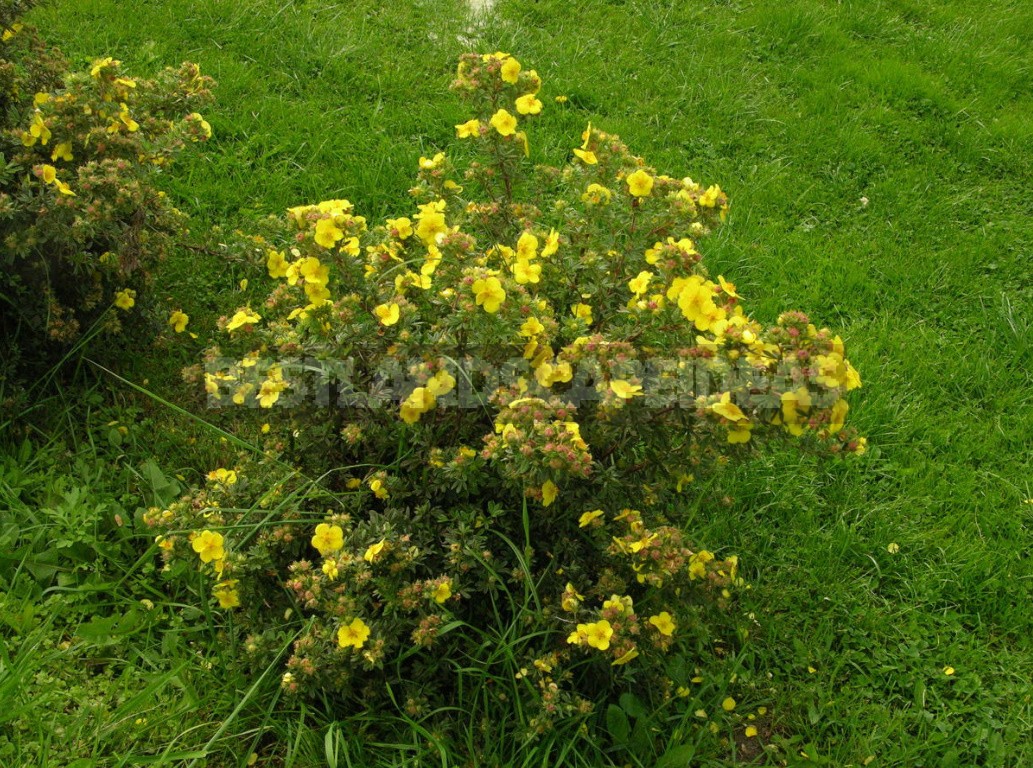
One of the most compact varieties of Potentila fruticosa is considered ‘Kobold’, reaching 0.6-0.8 m in height and up to 1.2 m in width. Flowering is long, from June to September. Very effective in mixed with perennials groups, flower beds and rockeries. The requirements for growing conditions are low.
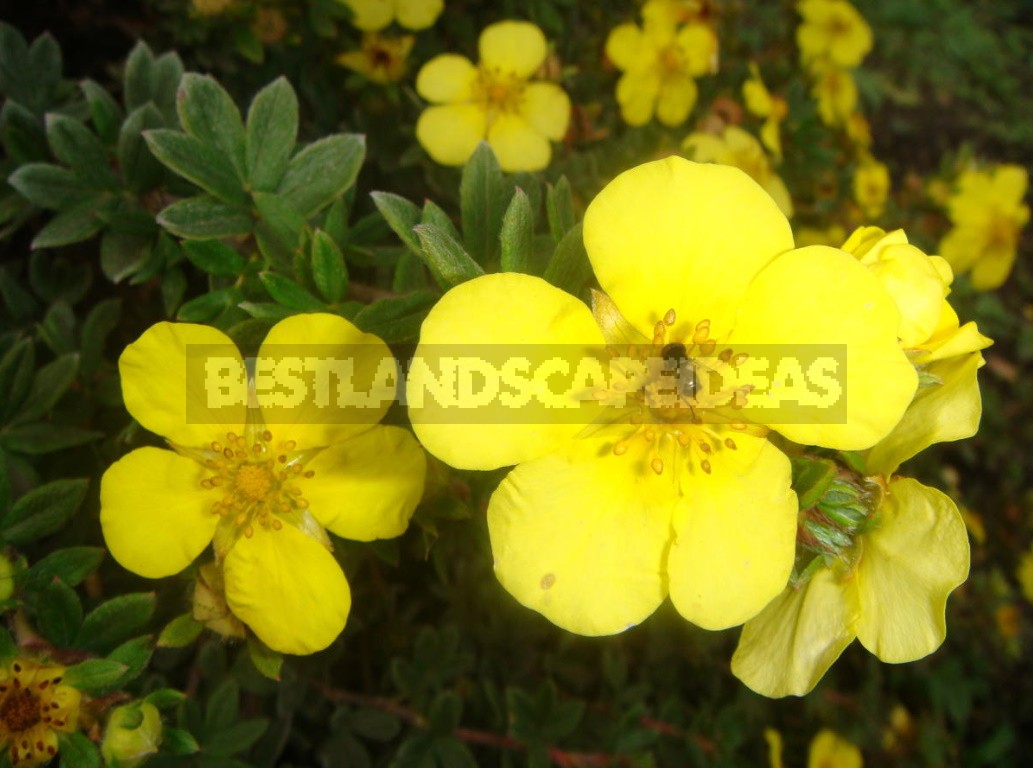
The ‘Goldteppich’ variety is a hybrid between the ‘Elizabeth’ and ‘Jackman’ varieties. Low dense shrub with strong creeping shoots, its height 0.5-0.7 m, crown diameter 0.5-1 m. Leaves are grey-green. The flowers are Golden yellow, about 4 cm in diameter, bright. Blooms from may to October. A valuable variety that is resistant to powdery mildew.
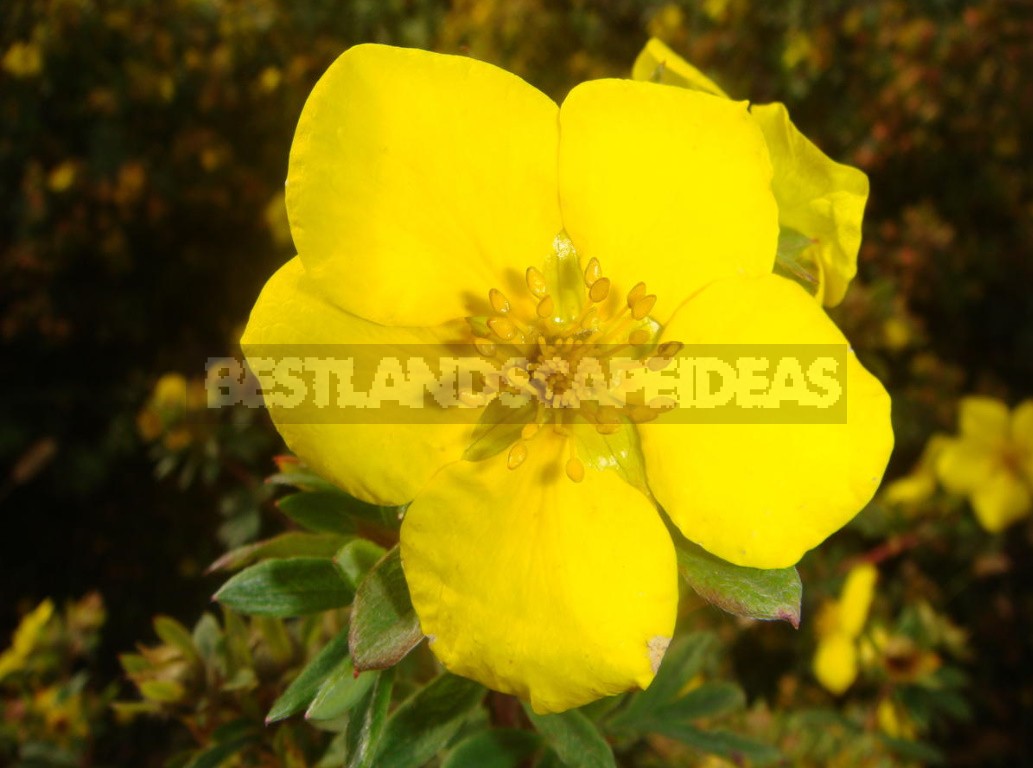
Describing the yellow varieties of Potentila fruticosa, it is impossible not to mention the early-flowering variety ‘Klondike’. Its flowering begins in late may and continues until August. The flowers are large-up to 4 cm in diameter, light yellow. The crown is dense, broom-shaped, reaches a height of 0.8-1.2 m. the Variety is light-loving, but tolerates light shading. The plant is drought-and smoke-resistant, which makes it attractive for urban gardening. The leaves are bright green in spring and dark green in summer. Like all Potentila fruticosa, this variety requires annual pruning of about a third of the crown.
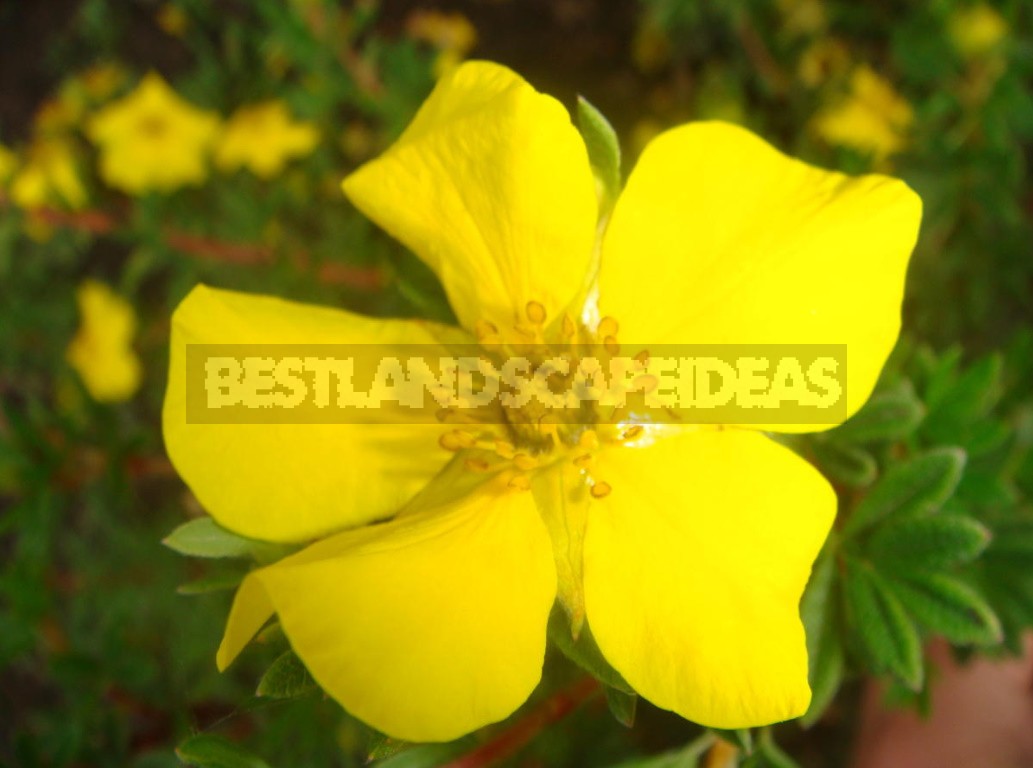
The variety ‘Primrose Beauty’ has a close to spherical crown, the height and diameter of which are close to 1.2 m. this variety is Decorative due to the grayish and bluish-green color of the foliage, which it gives a felt pubescence, and pale yellow flowers that densely cover the Bush. Blooms from mid-June to mid-September.
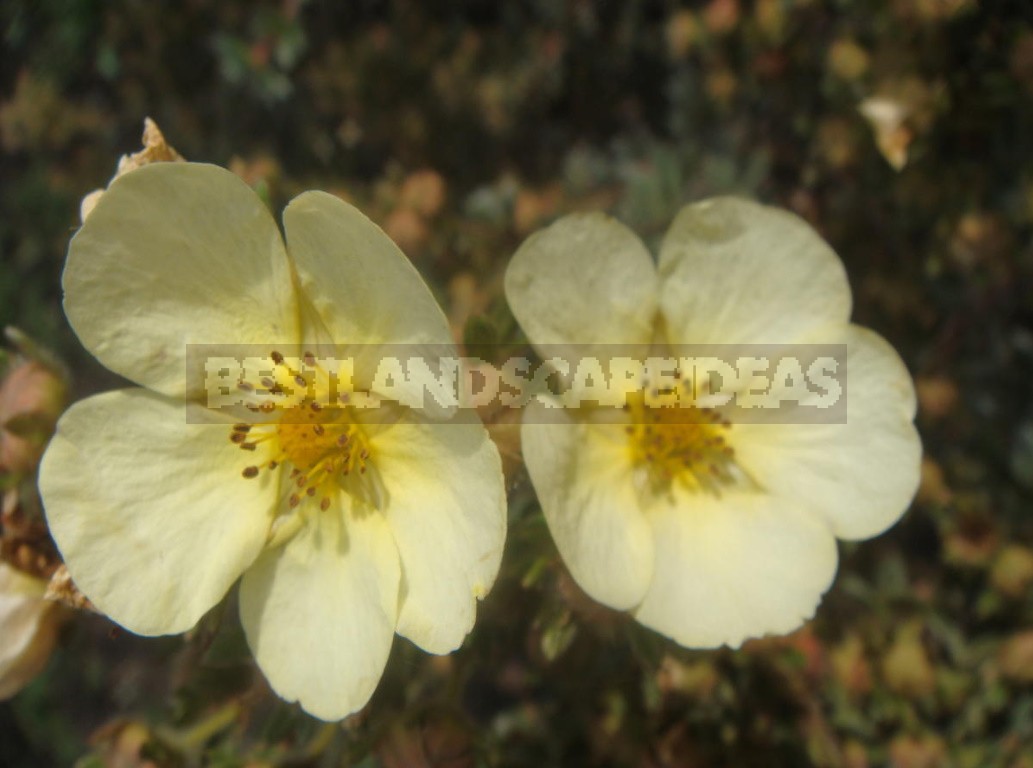
The third conditional group includes varieties of Potentila fruticosa with pink, red and orange flowers. The centerpiece here is a great variety of ‘Red ACE’. Low-growing, dense shrub with tender creeping shoots, height of 0.5-0.6 m, crown width of 0.8-1.2 m. the Variety has a long flowering period from June to October, single flowers remain until November. In Sunny places, spring and autumn flowers are orange-red, orange-yellow in summer, of average size (3.5 cm). In the shade, the bright red-orange color of the flowers remains.
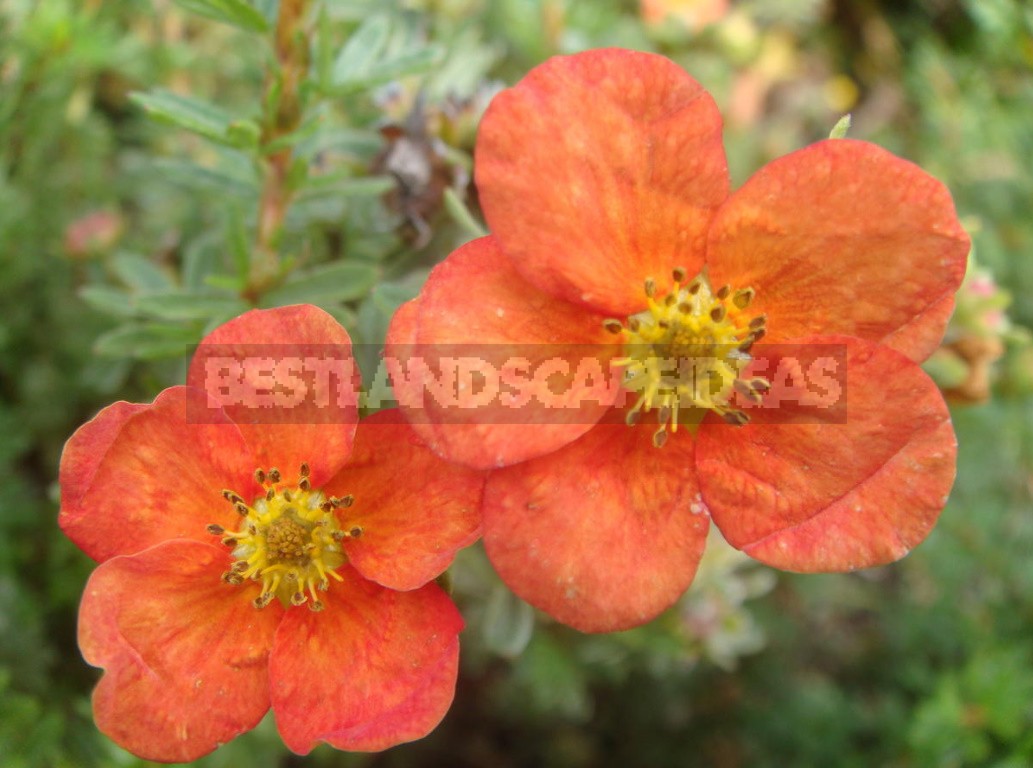
‘Red ACE’ – a slow-growing variety that prefers wet, cold places where the color of the flowers becomes more saturated. It is well combined with other varieties of Potentila fruticosa and perennials.
An interesting variety, in light shade having a copper-orange, and in the sun pale pink color of flowers – ‘Tangerine’. In the open area, the most intense color is observed in spring and autumn, and in summer the flowers are yellow with an apricot tint. Dense, creeping shrub height of 0.5-0.6 m, in diameter reaches 0.8-1 m. Winter-hardy variety, unpretentious to growing conditions, but on heavy soils can be affected by powdery mildew. Looks good in perennial borders and rockeries.
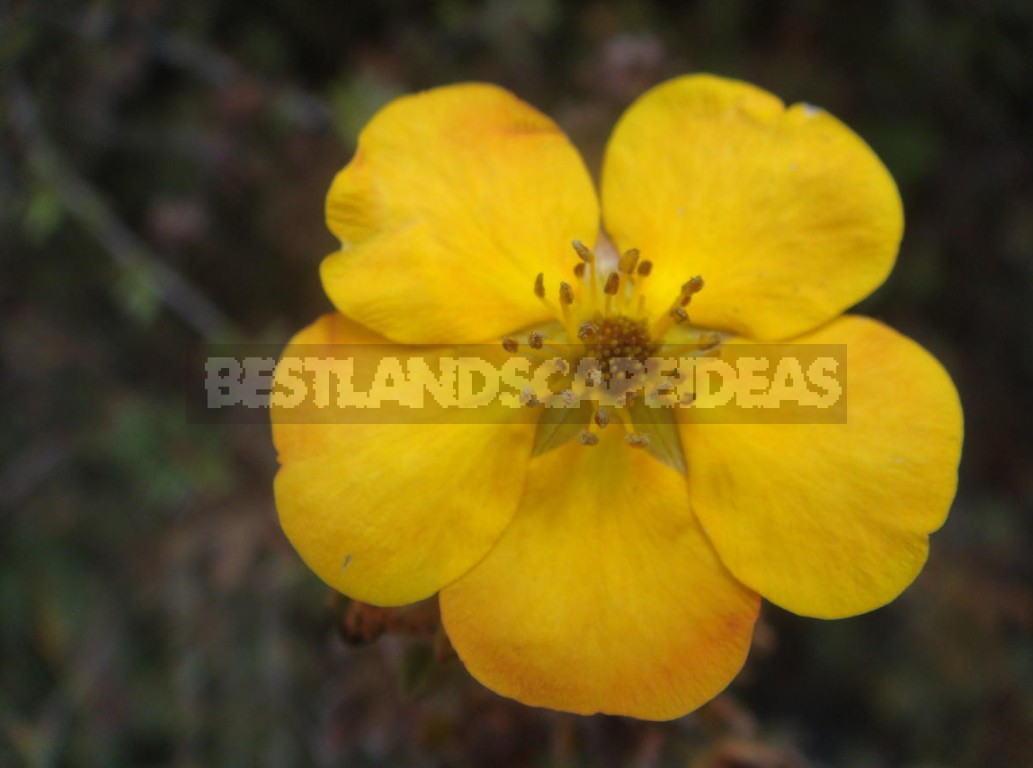
The real decoration of the garden is Potentila fruticosa of the ‘Pink Queen’ variety. Due to the delicate color of the flowers, it is rightfully called the ‘Pink Queen’. Pink color prevails, as in the previous two Potentila fruticosa, in spring and autumn. In summer, the flowers are pale pink. Flowering is very long, beginning in may and ending in October-November. Bushes are low-0.6 m, in diameter reach 0.8 m. the Variety is drought-resistant, winter-hardy, undemanding to the soil.
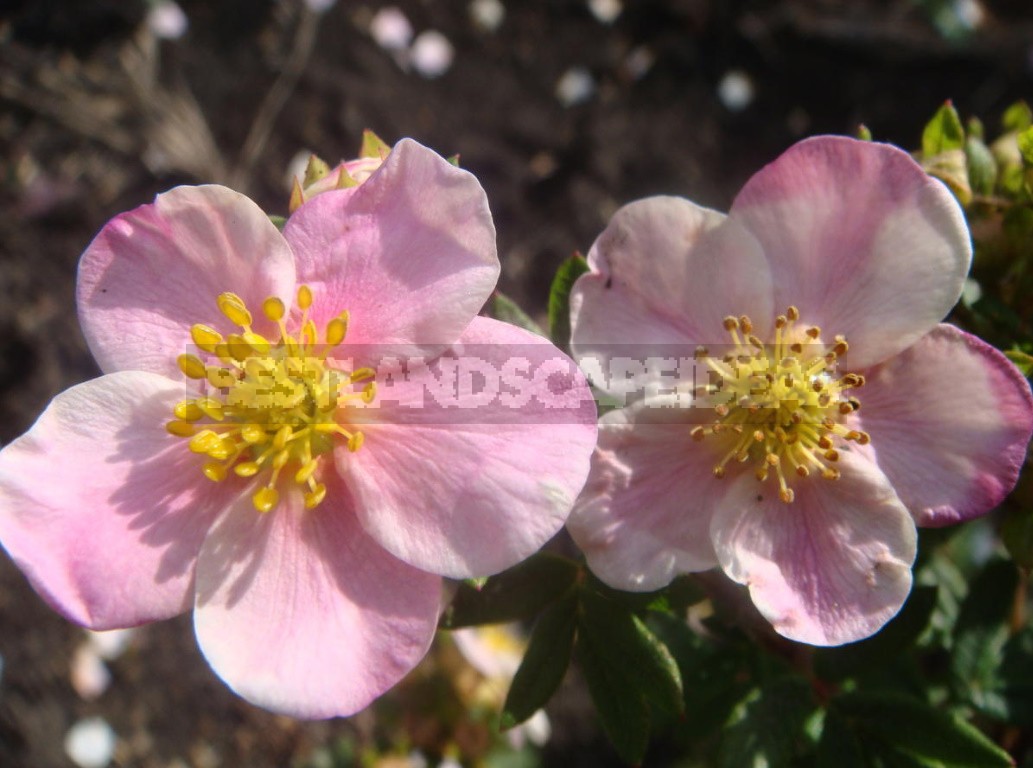
Each of these varieties of Potentila fruticosa will undoubtedly adorn any garden.
